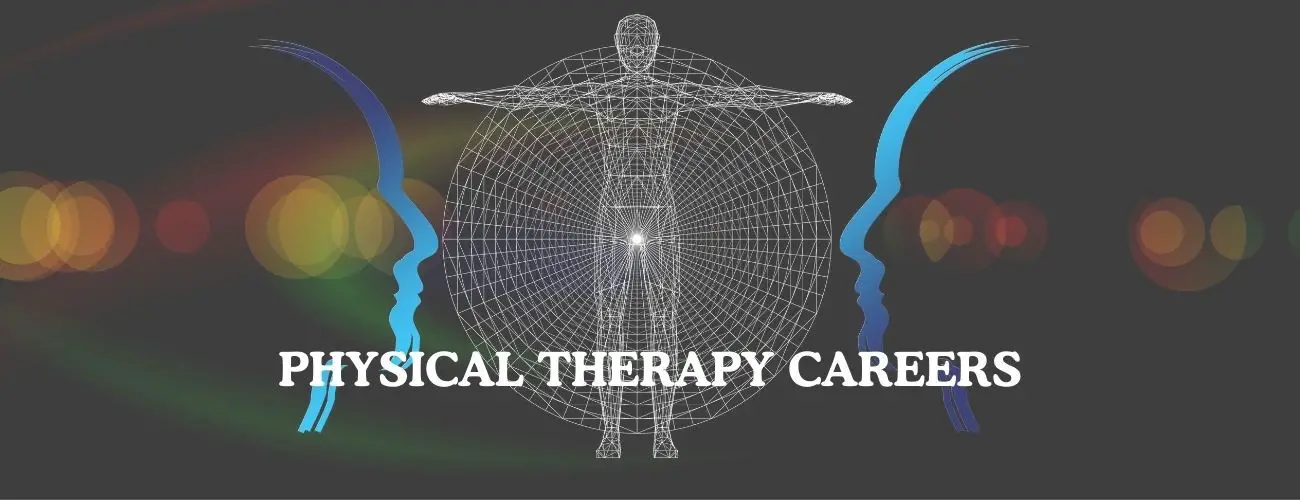Psychologist Education Requirements
Are you confused about the education requirements for becoming a psychologist? This articles provides you a good read on Psychologist education requirements, undergraduate and master's degree in psychology , doctoral programs in psychology, employment outlook and what are the qualifications needed
Updated by Tanya on 18th September 2020
Psychologists help patients overcome emotional or psychological difficulties by studying the human mind and behavior to help patients overcome emotional or psychological difficulties.
To become a Psychologist, you require a master's or doctoral degree. Students have to perform research, work in clinical rotations, and teach classes. There are diverse options available for Psychologists such as School, Clinical, or Counseling Psychology.
Besides practicing as solo consultants, Psychologists are employed in companies and organizations to improve workplace productivity and employee satisfaction. They conduct research, publish papers, and deliver speeches. Here is our take on the educational requirements for Psychologists.
Educational Requirements for Psychologists
A career in Psychology requires a master’s degree in Psychology or any related field from an educational institution accredited by the American Psychological Association- APA. However, a doctoral degree generates a firm clasp on this domain. Additionally, licensure is pivotal for a Psychologist to legally practice in a state.
Undergraduate Degree
The journey begins by enrolling in an undergraduate program with a major either in Psychology, Education, Sociology, or another related field. The curriculum for the bachelor’s degree program may include classroom and field training in -
-
Physiological Psychology
-
Social Psychology
-
Cognitive Psychology
-
Developmental Psychology
-
Abnormal Psychology
-
Experimental Psychology
Research is a mandatory segment of Psychology. Students are subjected to elaborate knowledge of Experimental Psychology, Psychological Research, data analysis, and statistics.
Master's Degree
To harness a comprehensive understanding of the dynamics of Psychology, a master's degree is integral. With 2 years of extensive study, a student is mentored on a wide range of concepts related to Psychology. The last few decades have witnessed an increasing demand for Industrial-Organizational Psychology. To become an Industrial-Organizational Psychologist, the students prioritize statistical methods of analysis, research, and coursework concerning the principles of Organizational-Psychology that encompasses the study of -
-
Organizational development
-
Selection of personnel
-
Motivation to work
-
Training of employee
-
Strategic changes
-
Leadership
-
Measurement of work performance
A master’s degree may incorporate the submission of a thesis or comprehensive exam as the capstone requirement.
Doctoral Degree
A student, typically, spends 4 years climbing towards the awarding of the Ph.D., or Psy.D.
Though quite vast, and vivid, there are primarily 3 specializations that demand a doctorate degree, namely,
-
Clinical Psychology - Emphasis on clinical neuropsychology, psychophysiology, psychoanalytic models, etc.
-
Counseling Psychology - Emphasis on multicultural counseling, family, couple therapy, etc.
-
Research - Emphasis on all areas of Psychology
Doctoral programs are recognized by the American Psychological Association (APA). APA accredits for the following programs-
- Clinical psychology
- Counseling psychology
- School psychology
Ph.D. in Psychology programs are tailored for students interested in research while Psy.D. programs are best suited for students inclined on the professional practice of Psychology. Students can begin these programs after earning a master's degree or enter directly after undergraduate studies. Students with a master's degree are allowed to transfer (few) credits towards the completion of their doctorate.
Doctoral candidates must complete research, residencies, and comprehensive exams. Students often work as teaching or research assistants in exchange for a stipend. School, clinical, and counseling psychology programs may involve an extra year of supervised internship, in addition to doctoral programs' four to five years of full-time study.
Experience
To provide students with real-time experience, many programs offer internships. Additionally, students may opt for an internship or apprenticeship program right after graduation. Internships are requisites for licensure. Psychologists with prior work experience always have an edge over those with no first-hand experience of the profession. This can be achieved by joining apprenticeship programs, workshops, summer camps, or internships in hospitals, consultation clinics, and in-collaboration with notable Psychologists
The tenure of the internship differs from the requirements consolidated by different states.
Licensure and Certification
Licensure by the State is only awarded if -
-
The Psychologist has a doctorate degree from an accredited college/university.
-
The Psychologist has an internship or a work experience of 4-years or more in the relevant field.
-
The Psychologist has successfully cleared the Professional Practice in Psychology exam.
Board certification further ensures the professional’s expertise in Psychology. The following agencies administer certification in Psychology -
-
The American Board of Clinical Neuropsychology
-
American Board of Professional Psychology
Stand out skills for Psychologists
Psychologists are flush with impeccable interpersonal and intrapersonal skills. A few of the prominent strengths of a Psychologist includes,
Research skills - These professionals are keen researchers who spend a commendable time investigating, probing, and boosting the comprehension of the laws of nature.
Problem-solving skills - The systematic approach and orderly fashion of resolving queries add a feather to their hat of innumerable accomplishments.
Decision-making skills - The innate ability to perceive things precisely helps to make correct and well-informed decisions, and impart effective counseling.
Communication skills - Psychologists must be great communicators. They must possess the utmost clarity while speaking, be an extremely patient listener, and develop efficacious means of interactions with patients.
Conclusion
There are different degree levels in the field of psychology. Students who wish to practice independently need advanced schooling. Successful completion of all the levels of academic education requires subject expertise, which is the product of nearly 10 years of untiring effort, personal dedication, and diligence.
We wish you all the best for your future endeavors!






61.png)
